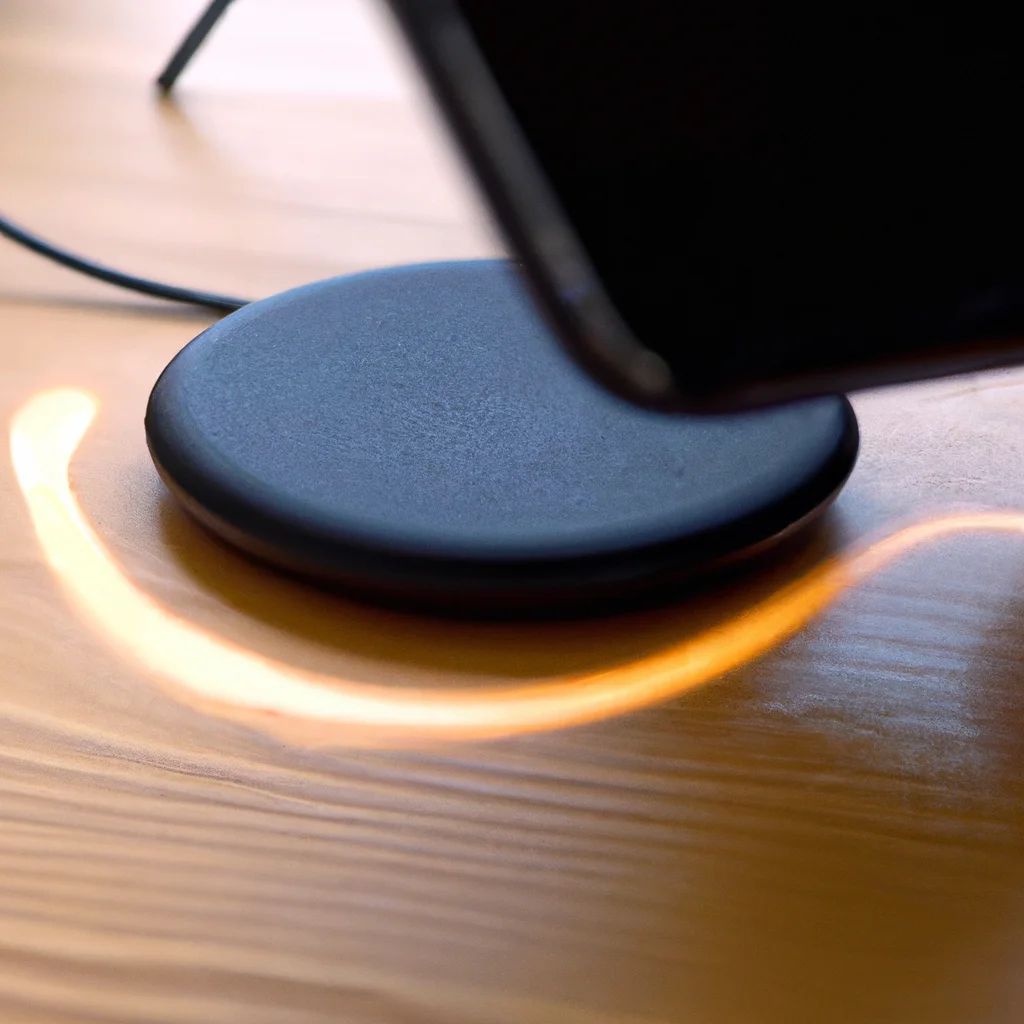How does a wireless charging pad work?


How does a wireless charging pad work?
Wireless charging pad is a technology that offers cable-free charging for devices such as smartphones and other gadgets. This technology is becoming increasingly popular due to its convenience and ease of use. As the name suggests, wireless charging pads use wireless technology to power up devices without the need for cables. But how does a wireless charging pad work? In this article, we will explore the technology behind wireless charging pads and how they work.
How does it work?
Wireless charging technology is based on the principle of electromagnetic induction. A wireless charging pad contains a coil of wire that generates an electromagnetic field. When a device is placed on the pad, another coil inside the device picks up the electromagnetic field and converts it into an electrical current. This current is then used to charge the device’s battery.
Charging technology
There are two main types of wireless charging technology: Qi and PMA. Qi technology is the most widely used and is supported by most smartphone manufacturers. PMA technology is less common and is mostly used by a few smartphone manufacturers. Qi technology is more efficient and has a longer charging distance than PMA technology.
Electromagnetic induction
As mentioned earlier, wireless charging works through electromagnetic induction. Electromagnetic induction is the process of generating an electric current by moving a magnetic field through a coil of wire. In wireless charging, the charging pad generates a magnetic field that induces an electric current in the device’s coil. This electric current is then used to charge the device’s battery.
Charging efficiency
Wireless charging is not as efficient as traditional charging methods such as charging through a cable. This is because some energy is lost in the process of transmitting the electromagnetic field from the charging pad to the device. However, charging efficiency has improved over the years, and some wireless charging pads now have a charging efficiency of over 80%.
Charging distance
The charging distance between the charging pad and the device is an important factor to consider when using wireless charging. The charging distance varies depending on the type of wireless charging technology used. Qi technology has a longer charging distance than PMA technology. The charging distance can also be affected by the thickness of the device’s case. Thicker cases can reduce the charging distance and affect charging efficiency.
Compatibility
Not all devices are compatible with wireless charging pads. Most new smartphones are compatible with Qi technology, but some older devices may not be compatible. It is important to check if your device is compatible before purchasing a wireless charging pad. Some wireless charging pads are also designed to charge multiple devices simultaneously, making them more versatile.
Smartphone charging
Wireless charging pads are most commonly used to charge smartphones. They offer a convenient and cable-free way to charge your device. Some smartphones also come with built-in wireless charging capabilities, making them even more convenient to use with wireless charging pads.
Wireless charging benefits
Wireless charging pads offer several benefits over traditional charging methods. They provide a cable-free charging experience, which reduces clutter and eliminates the need for multiple charging cables. They also offer a more convenient way to charge your device, as you can simply place your device on the charging pad and let it charge. Wireless charging pads are also more durable than traditional charging cables, as they do not suffer from wear and tear from frequent use.
In conclusion, wireless charging pads use electromagnetic induction to wirelessly charge devices. Qi technology is the most widely used and offers the best charging efficiency and distance. Wireless charging pads offer several benefits over traditional charging methods, including cable-free charging, convenience, and durability. Before purchasing a wireless charging pad, it is important to check if your device is compatible with the charging technology used by the pad.
Recent Posts
How do I create an engaging and informative online quiz or assessment?
Creating an engaging and informative online quiz or assessment can be a powerful tool for… Read More
What are the most effective methods for managing and reducing work-related stress in the hospitality industry?
Work-related stress is a common issue in the hospitality industry, where employees often face long… Read More
How can I improve my assertiveness and communication skills in a leadership position?
In a leadership position, assertiveness and effective communication skills are crucial for success. Being able… Read More
What are the key elements of a successful employee recognition and rewards program?
Employee recognition and rewards programs play a crucial role in motivating and engaging employees, as… Read More
How do I effectively manage and respond to customer feedback and reviews?
Customer feedback and online reviews play a crucial role in shaping a company's reputation and… Read More
What are the best strategies for effective time management as a stay-at-home parent?
Effective time management is crucial for stay-at-home parents who juggle multiple responsibilities on a daily… Read More